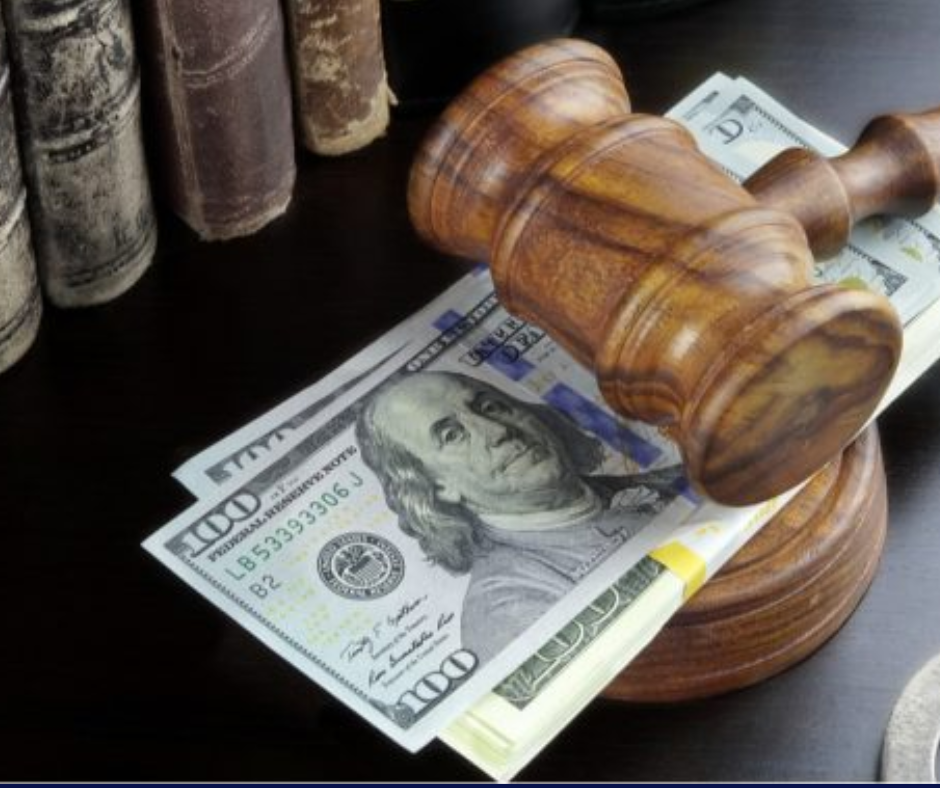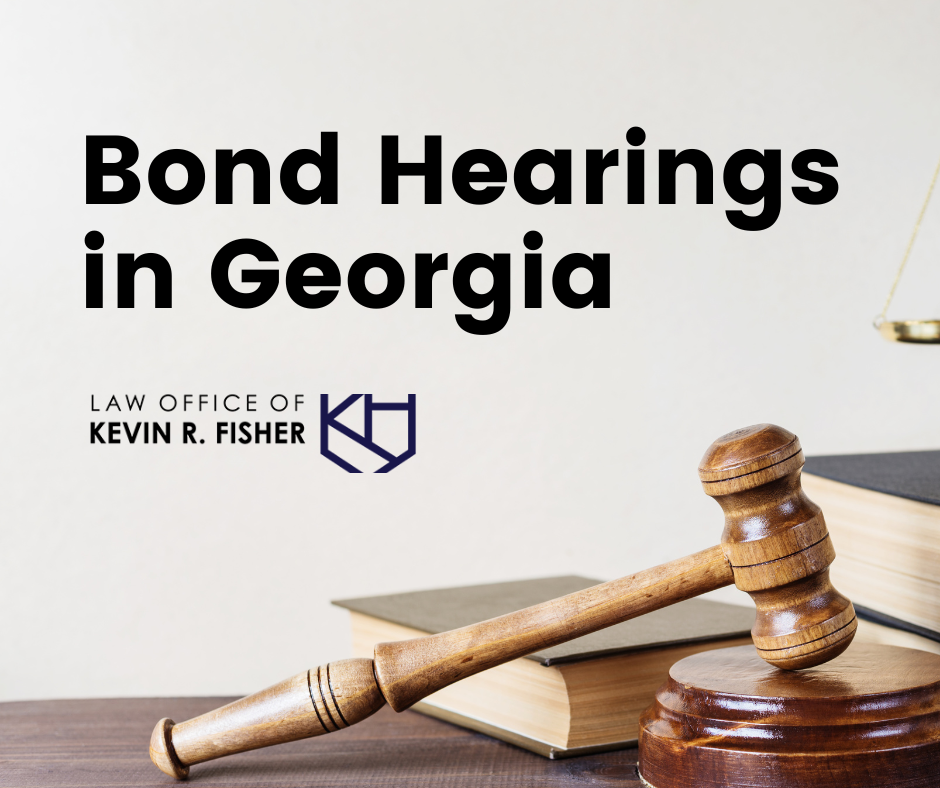Bond hearings happen at the beginning of a criminal case and determine whether a person can be released pre-trial. A criminal defense attorney plays an important role during a bond hearing in presenting facts to the court in favor of granting, negotiating potential bond conditions, and more. Keep reading to learn more about what happens during a bond hearing, the different types of bonds, and what you can do if you are denied release on bond.
What is a bond hearing?
A bond hearing is a way for a defendant to pay the jail to be released until their court date. The hearing happens in front of a judge who determines if bond will be set depending on the charge and other relevant factors such as the Defendant’s likelihood to appear in court.
You may commonly hear “bail” and “bond” used interchangeably, but there is a difference between the two. “Bail” is the money a Defendant must pay to get out of jail. “Bail” acts as a security deposit to make sure the Defendant will appear in court. A “bond” is posted on aDefendant’s behalf, usually by a bondsman or bonding company that makes a promise to pay the bail if the Defendant does not appear in court.
Are there different types of bonds?
A judge may grant different types of bonds, including a regular bond, cash option, cash-only bond, or an unsecured judicial release.
A “regular bond” requires that the Defendant pay the bond amount in full, go through a bonding company or bondsman, or post a property bond.
Like a “regular bond,” the “cash option” bond requires that the Defendant pay the bond amount in full, go through a bonding company or bondsman, or post a property bond.However, unlike a “regular bond,” a “cash option” bond allows the Defendant to pay the jail the cash option amount plus jail fees to be released from jail. The cash option is typically 10% of the total bond.
A “cash-only” bond requires that the Defendant pay the entire bond amount set by the judge, plus any jail fees. Defendants who are required to pay a “cash-only” bond cannot go through a bonding company or bondsman or use property to secure their release.

An “unsecured judicial release”is commonly referred to as a“UJR,” “signature bond,” “Own Recognizance,” or “SOR” bond. An “unsecured judicial release” does not require that the Defendant pay any money to be released from jail. Instead, the Defendant signs a form that serves as the Defendant’s promise that they will appear in court.
What happens during a bond hearing?
During a bond hearing, the judge will announce the Defendant’s charges. Then, the judge will allow the State to present its recommended bond amount and the reason for the bond amount. After the State presents its argument, the Defense will have the opportunity to explain why the Defendant should be granted bond.
When determining a bond amount, the judge will consider many factors, including the likelihood that the Defendant will appear in court, the likelihood that the Defendant will flee, whether the Defendant poses a public safety risk, whether the Defendant will intimidate witnesses, and whether the Defendant will commit a felony while released.
Some charges prevent a Magistrate judge from determining a bond amount. These charges include but are not limited to, treason, murder, rape, aggravated sodomy, armed robbery, aircraft hijacking, aggravated child molestation, and aggravated sexual battery. If the Defendant is charged with these crimes, then the Magistrate Court will be required to deny bond, and the case will be transferred to Superior Court, where a Superior Court judge will determine a bond amount.
What happens if I am granted release on bond?
If a Defendant is released on bond, the judge typically requires that the Defendant follows bond conditions. The conditions may include but are not limited to, electronic ankle monitoring, travel restrictions, substance use counseling, mental health counseling, stay-away orders, curfew, providing the Court with a home address, and obeying all laws.
What do I do if I was denied bond?
If the Defendant is denied bond in Magistrate Court, a lawyer can have the bond reconsidered by a Superior Court judge two weeks after the denial. If a Superior Court judge denies bond, the Defendant must wait 60 days after the denial to have the bond amount reconsidered.
If a Defendant is denied bond in Superior Court, meaning it was a Superior Court case that has only ever been heard in Superior Court, then the Defendant must wait 60 days to have a Superior Court judge reconsider the bond amount.
If the judge keeps denying bond, the Defendant is entitled to have their case presented to the grand jury within 90 days from the arrest date. If 90 days have passed without the case being indicted, then the defendant is entitled to a bond.
Have questions? Give me a call.
I have decades of experience representing clients during bond hearings, and I will advocate from the beginning to the end of your case to ensure you receive the best outcome. If you need a criminal defense attorney or have legal questions, give me a call today!

